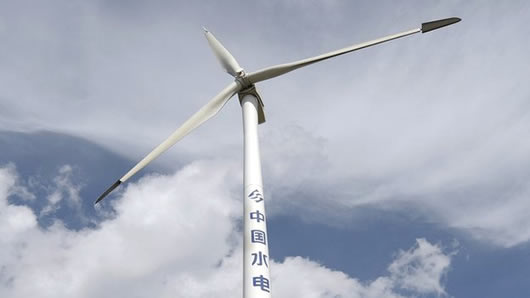 The Ministry of local Government in collaboration with the United Nations Capital Development Fund (UNCDF) has launched the Local Climate Adaptive Living Facility (LoCAL) project to promote climate change resilience in communities.
The Ministry of local Government in collaboration with the United Nations Capital Development Fund (UNCDF) has launched the Local Climate Adaptive Living Facility (LoCAL) project to promote climate change resilience in communities.
The project, which would benefit 10 districts in the three Northern Regions, would help provide a mechanism to integrate climate change adaptation into local government planning and budgeting systems.
The LoCAL project would complement other initiatives being undertaken by various UN agencies to enhance national systems, and existing institutional arrangements for climate change mitigation and adaptation to reduce disaster risks.
It would also increase awareness and response to climate change at the local level.
The Deputy Minister of Local Government and Rural Development, Mr Kwadwo Agyekum, speaking at the launch of the project, said records had shown that temperatures in Ghana were rising rapidly, and that, the project was timely.
Mr Agyekum said the LoCAL project combines performance-based climate resilience grants with technical and building capacity support.
He said the project is structured to ensure climate change adaptation is mainstreamed into government’s planning and budgeting systems, to increase awareness and response to climate change at the local level.
“It is also to increase funding of MMDAs to fashion out appropriate interventions to deal with climate change issues effectively and transparently in line with UNCDF management regulations,” he stated.
He thanked the UNCDF for sponsoring the pilot project, adding that, the success of the project rested largely on the implementing agencies and called for their effective collaboration.
Mrs Christine Evans-Klock, the UN Resident Coordinator and UNDP Resident Representative for Ghana, in a speech read on her behalf, said the biggest long term threat to Ghana’s sustainable and inclusive growth was climate change, which negatively affect economic activities and livelihoods.
She said due to climate change, Ghana is facing an increased pressure on key sectors such as water and agriculture, with reduced yields leading to more food insecurity and loss of national revenue from cash crops.
Mrs Evans-Klock said, with the major increase in funding to fight climate change expected in the coming years, it was important Ghana put in place the necessary arrangements at the national and local levels to ensure that the entire population benefited from the resources available to improve climate resilience.
“This brings the vision for LoCAL-Ghana to become a national mechanism to channel financial resources for the adaptation to the whole territory of Ghana in an efficient and transparent manner, through the national transfer system to local authorities, and the district Development Fund,” she said
She said the project had been designed and would be implemented in a spirit of partnership between the government, UNDP, UNDCPF and other development partners, active in decentralized areas.
She reiterated that the UNDCF and the UN were committed to supporting the government’s efforts to integrate adaptation to climate change in their planning and budgeting processes, to deliver concrete climate resilience investment on-the-ground and make LoCAL-Ghana a nation-wide mechanism, and internationally recognized.
Source: GNA























